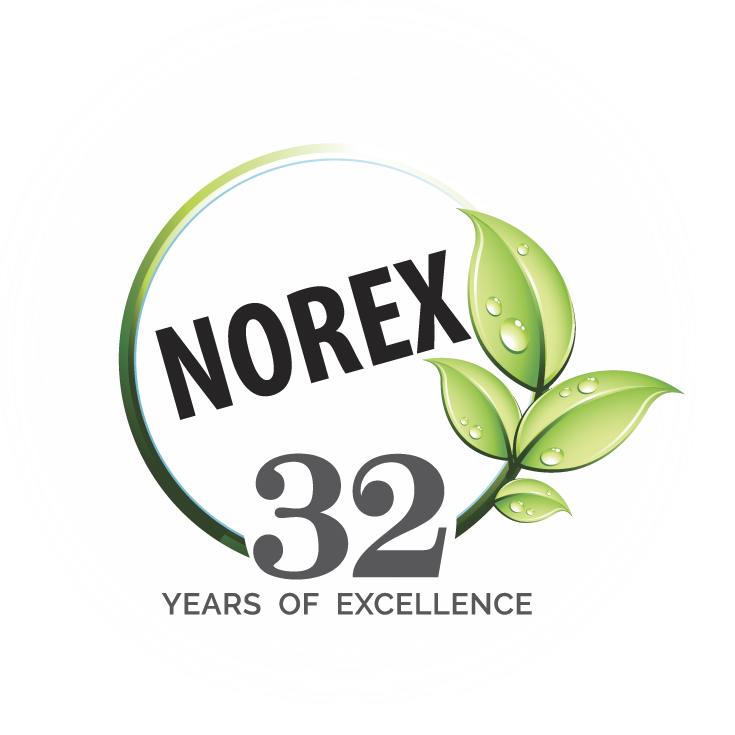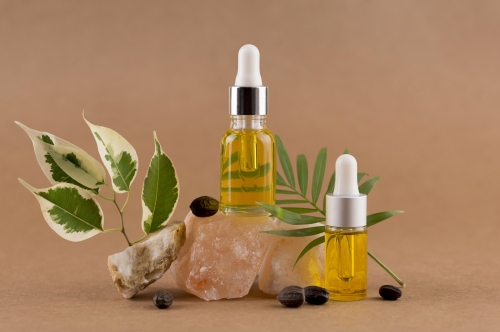Uses of Natural Menthol in B2B Products: Applications Across Industries

Natural menthol has become a sought-after ingredient across various B2B industries including pharmaceuticals, cosmetics, oral care, food, and industrial products. Derived mainly from peppermint and cornmint oils, this cooling crystalline compound offers functional benefits combined with a refreshing minty aroma—making it a staple in product formulations worldwide.
With rising consumer demand for plant-based and clean-label ingredients, natural menthol delivers both performance and marketing advantages. In this guide, we explore the diverse applications of natural menthol in B2B products, its key properties, and sourcing tips for manufacturers and bulk buyers looking to integrate it seamlessly into their value chains.
What is Natural Menthol?
Natural menthol is a crystalline organic compound obtained through steam distillation and crystallization of Mentha arvensis (cornmint) or Mentha piperita (peppermint) essential oils. It appears as transparent crystals or flakes and is valued for its cooling sensation, mint aroma, and therapeutic benefits.
Unlike synthetic menthol, which is produced chemically, natural menthol is plant-derived, making it ideal for brands prioritising natural origin and label transparency.
Key Properties of Natural Menthol
- Cooling Sensation: Activates cold-sensitive TRPM8 receptors for a pronounced cooling effect.
- Analgesic Effect: Provides mild pain relief and anti-itch benefits.
- Antimicrobial & Anti-inflammatory: Supports skin, oral, and hygiene formulations.
- Aromatic: Offers a fresh minty scent widely used in flavouring and fragrance.
- Safe for Consumption: Classified as GRAS (Generally Recognized As Safe) by the FDA.
These properties make natural menthol a versatile ingredient across multiple B2B product categories.
Uses of Natural Menthol in B2B Products
Pharmaceuticals & OTC Medicines
Natural menthol is a key active in topical pain-relief balms, chest rubs, inhalers, and decongestants. Its cooling effect soothes muscle aches, congestion, and inflammation, often combined with eucalyptus oil or camphor for enhanced efficacy.
Oral Care Products
Widely used in toothpaste, mouthwash, and chewing gum, menthol imparts long-lasting freshness and a cooling mouthfeel. Its antibacterial action supports oral hygiene, making it indispensable in dental formulations.
Cosmetics & Personal Care
In skincare and haircare products, menthol provides a refreshing sensory experience and mild anti-irritation benefits. It is popular in face washes, aftershaves, shampoos, foot sprays, and gels to enhance product performance and user perception.
Food & Beverages
Natural menthol is added to flavoured teas, candies, and beverages to impart a refreshing mint taste and cooling sensation. It is especially popular in sugar-free gums, lozenges, and breath fresheners due to its GRAS status for food use.
Confectionery
Used in throat lozenges, mint chocolates, and hard candies for cooling relief and mint flavour. Often paired with honey, citrus, or licorice for synergistic functional benefits.
Tobacco & Nicotine Replacement Products
Menthol provides a smoother inhalation experience in mentholated cigarettes, nicotine patches, and e-liquids. Natural menthol is preferred in premium tobacco alternatives for its plant-based claim and authentic sensory profile.
Industrial Applications
Beyond consumer products, natural menthol is used in air fresheners, aromatherapy, cleaning agents, and cooling applications in sports gels and industrial formulations due to its multifunctionality.
Why Choose Natural Menthol Over Synthetic Menthol?
- Label Transparency: Plant-based, clean-label compliant.
- Superior Bioactivity: Natural L-menthol offers better sensory experience compared to synthetic isomers.
- Sustainability: Sourced from renewable mint crops, reducing environmental impact.
- Market Preference: Consumers and regulatory bodies favour natural ingredients for food, pharma, and personal care.
How B2B Buyers Can Source Natural Menthol?
When sourcing natural menthol, consider:
- Purity: L-menthol content of 99% or higher.
- Certifications: USP/BP, FSSAI, Halal, Kosher, ISO compliance.
- Form Available: Crystals, flakes, powders, or oil blends as per application.
- Origin & Supplier Reliability: India and China are top producers; choose suppliers with traceable and consistent quality.
- Custom Formulations: Some suppliers offer blends tailored for specific B2B needs.
Pro Tip: Always request a Certificate of Analysis (COA) and Safety Data Sheet (SDS) before placing bulk orders.
Also check- Difference between Natural and Synthetic Menthol
Final Thoughts
Natural menthol remains an essential ingredient across B2B industries for its cooling, aromatic, and therapeutic properties. Its use in products ranging from toothpaste and pain balms to teas and sports gels highlights its diverse commercial potential.
For manufacturers and brand owners, sourcing high-purity natural menthol ensures product quality, regulatory compliance, and consumer trust. As the global shift toward natural ingredients continues, investing in natural menthol is not just a trend—it’s a strategic necessity.
FAQs on Natural Menthol
- What is natural menthol made from?
Natural menthol is extracted from peppermint and cornmint essential oils via steam distillation and crystallization.
- Is natural menthol safe for use in food and medicine?
Yes, it is GRAS-listed and approved globally for food, pharma, and personal care products.
- What forms of natural menthol are available for B2B use?
It is available as crystals, flakes, powders, and blends for various applications.
- What industries use natural menthol the most?
Pharmaceuticals, oral care, personal care, food & beverages, confectionery, tobacco alternatives, and industrial products.
- Can I get custom menthol blends for my products?
Yes, many suppliers offer customised menthol formulations to suit specific product requirements and regulatory needs.












